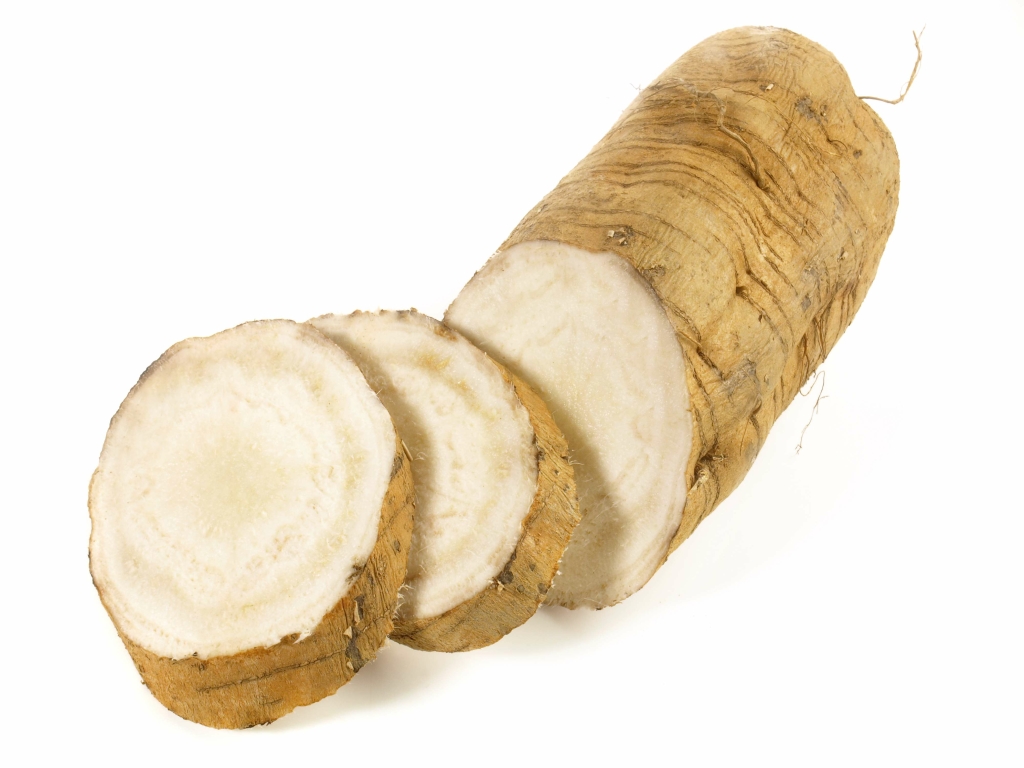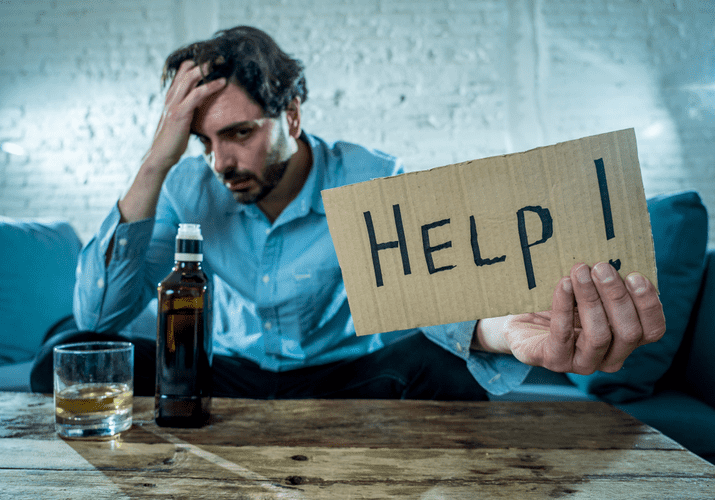Alcohol and Anxiety: Causes, Risks and Treatment
Γραμμένο απόPodi mouεπί 11/12/2020
Content
If it’s finalized, the recommendation could open up options for health insurance coverage of certain mental health services. No matter how much alcohol you consume, if your drinking feels out of control, worries you, or worries those close to you, that’s a good enough reason to seek help. After your night out, make sure to give your body ample time to rest and recover. Try to get at least 7 hours of sleep, so your body gets enough time to recharge. And if you’re hungry later on, have another light snack before going to sleep. It’s possible that the friends you drank with didn’t have as much to drink as you did.
- A recent study suggests that being shy might be a subclinical indicator of social anxiety.
- Read on to gain a better understanding of this common occurrence.
- Located near the historical Boston metropolitan area in Massachusetts, our mission is to help individuals seeking treatment from substance abuse from all over the country.
- Panic disorder is an anxiety disorder that involves multiple unexpected panic attacks.
In the United States, “moderate” typically refers to two drinks a day for adult men and one for women. Older adults metabolize alcohol faster, so if you’re in this age group, limit yourself to one alcoholic beverage per day. Ask your doctor if moderate alcohol consumption is suitable for you. Research shows that people with alcoholism find it difficult to recover from traumatic events.
Remember, the brain likes homeostasis.
Alcohol withdrawal panic attacks are not unusual, as the brain becomes overstimulated when the alcohol use is stopped. The condition of alcohol-induced anxiety can last for several hours and can be one of the more serious symptoms of alcohol withdrawal. When an individual has consumed alcohol for a period of time and then stops drinking, their anxiety can be aggravated by alcohol withdrawal.
What is Methyphobia?
Methyphobia is the Fear of Alcohol, the fear of getting drunk or the fear of becoming addicted to alcohol. For some people the idea of not being in 'control' can be a major cause of anxiety and this may be the main reason why people develop methyphobia.
It’s possible to have anxiety after drinking alcohol without having an anxiety disorder. Experiencing alcohol-induced panic attacks is a serious sign that https://stylevanity.com/2023/07/top-5-questions-to-ask-yourself-when-choosing-sober-house.html it’s time to rethink your relationship with alcohol. Psychotherapy, medication, exercise, and natural remedies are all used to treat anxiety disorders.
Prescription Medications
The withdrawal period normally peaks 72 hours after the blood alcohol level drops. The effects of withdrawal often ease 5 to 7 days after drinking ends. Alcohol can also make anxiety worse because it affects the levels of other mood-influencing chemicals like serotonin. Research notes that changes in chemical levels such as serotonin can cause anxiety disorders and depression.

While panic attacks by themselves aren’t dangerous or harmful to your health, frequent attacks can lead to a decrease in your quality of life and other issues. During a panic attack, your brain and your body are completely overwhelmed. You are likely to feel a sense of impending doom alongside common physiological symptoms. Any anxiety disorder can be dangerous, but some have become more notorious than those listed above.
Emotional Drinking: What Happens When You Drink To Feel Better
An AUD is considered a chronic brain disorder that causes an individual to continue engaging in alcohol use despite any negative consequences it creates on their lives. According to the NIAAA, it is distinguished by compulsive drinking, negative feelings when the person doesn’t drink, and an inability to control the overall alcohol use. A rather huge proportion of individuals who engage in alcohol abuse normally have co-occurring disorders. Preventing alcohol abuse and anxiety is a key part of preventing addiction. Alcohol abuse can lead to feelings of anxiety and depression, which can make it difficult to stop drinking. Suppose you are feeling anxious or experiencing panic attacks after consuming alcohol.

First, alcohol consumption can increase levels of the stress hormone cortisol. Second, alcohol consumption can decrease serotonin levels, a neurotransmitter that helps control mood and anxiety. While alcohol may feel like a quick fix for reducing feelings of anxiety, you probably realize by now that the effects are only temporary, and the anxiety that often follows isn’t worth it.
The result is dampened brain activity, which can give you short-term relief from the symptoms of your mental illness. Unfortunately, using alcohol to reduce your level of anxiety creates a vicious cycle that will only make things worse. Reach out to a treatment provider for free today for immediate assistance.
